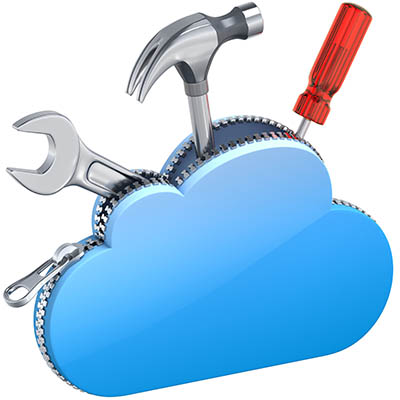Cloud options provide small businesses with the flexibility and scalability they need to compete in an ever-evolving market. In this blog post, we will explore the various cloud options available for small businesses and how they can leverage these platforms to drive success.
The cloud can be a tricky beast to tame for your business, and it is mostly because of all the options you have at your fingertips to help your organization be as successful as possible with it. Let’s discuss some of the questions you need to ask to ensure you get the best value out of your cloud-based solutions.
The cloud provides businesses with all kinds of ways to be more productive throughout the workday, and while it’s great in most cases for companies that want to be more intentional with their infrastructures and budgets, there are certain cloud solutions that will be effective no matter what industry or professional endeavors you pursue.
Exploring how to fuel your business’ data needs typically comes down to whether or not you have the outstanding capital to purchase and manage your own IT infrastructure or if you are looking to utilize utility computing in the cloud to facilitate all of your business’ IT needs. This week, we thought we’d briefly discuss the pros and cons of cloud computing for your business and how much money, if any, moving to the cloud can save you.
If you have to rely on remote workers as a small business, you might fear what they represent to your operations: a lack of control, security challenges, and of course, productivity issues. However, in today’s remote workplace, it is important to acknowledge that remote workers played a critical role in saving countless organizations throughout the course of the pandemic.
The cloud has provided organizations with countless ways to innovate and improve operations, but for those who are just now jumping on this great opportunity, you might have some questions about how to get the most out of the cloud or how to even get started. Let’s discuss some of the major benefits of cloud computing, as well as why it’s critical to consider it in the years to come.






